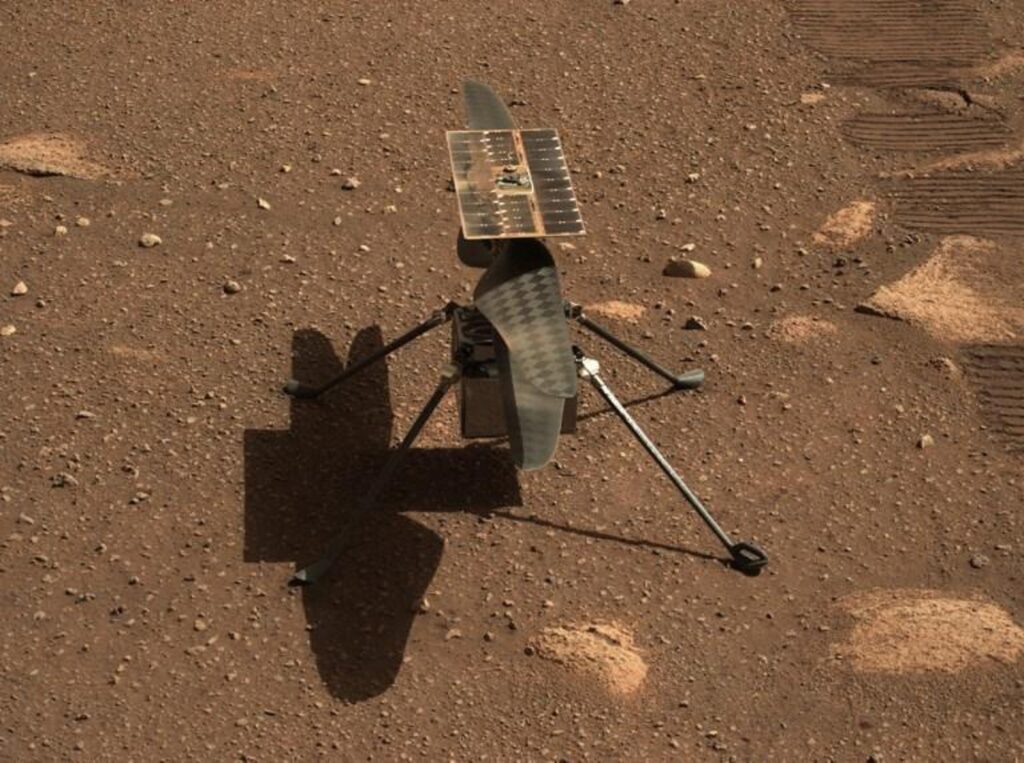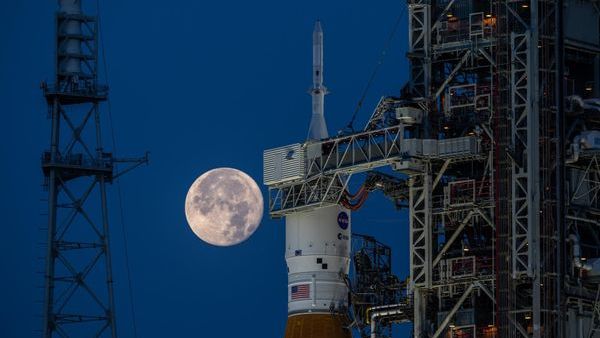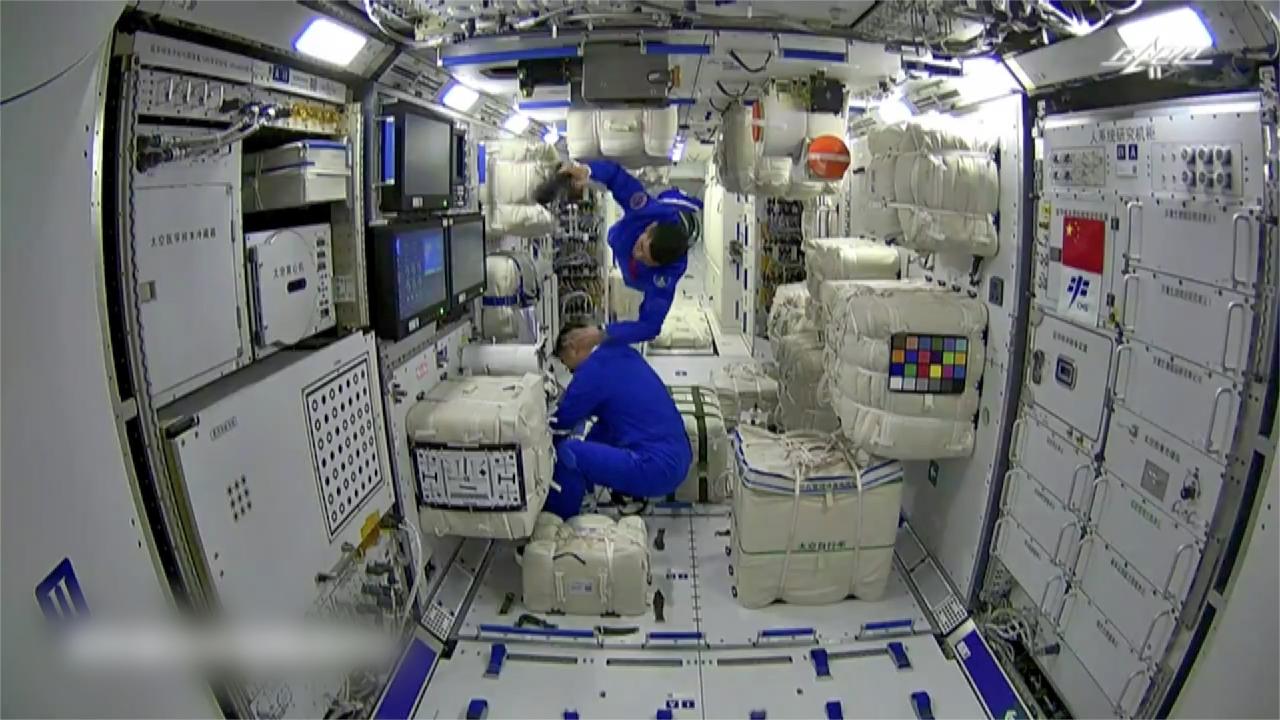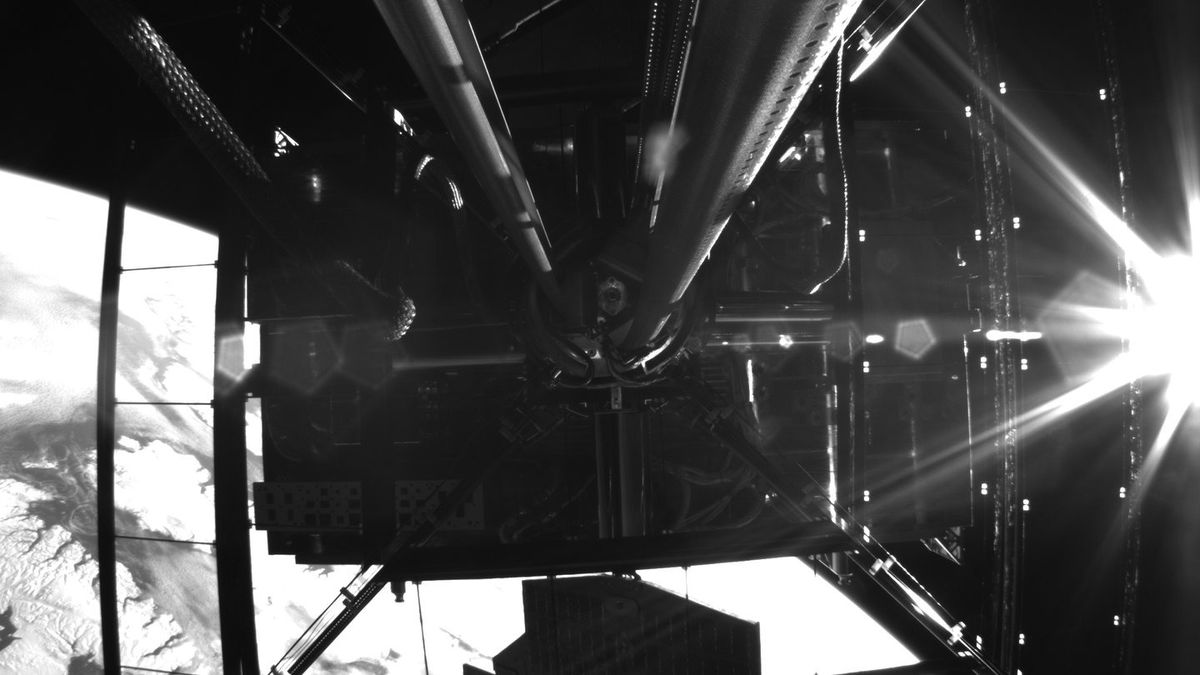SpaceX had to cancel their Florida back-to-back missions. A Falcon Heavy rocket carrying an unpiloted X-37B spaceplane for the U.S. Space Force was an ambitious idea. Falcon 9s were intended to transport 23 Starlink broadband satellites.

SpaceX Faces Setback as Falcon Heavy and Starlink Launches Scrubbed Due to Ground Equipment Issues
Ground equipment problems canceled the long-awaited Falcon Heavy launch less than an hour before liftoff. The Starlink Falcon 9 launch later that night was also canceled. SpaceX cited a “ground side issue” and vehicle and cargo safety on its website for the delay. The team attempted to reset for the next launch chance, the USSF-52 mission, at an unspecified time. The Starlink team planned for a launch attempt the following night at 11:02 p.m. EST.
SpaceX’s most powerful operational rocket, the Falcon Heavy, uses a Falcon 9 upper stage, a strengthened core stage, and two nearly identical strap-on boosters. Eight successful flights have been made by the rocket.
X-37B, operated by the U.S. Space Force, was scheduled for its seventh flight, the first on a Falcon Heavy. The Boeing-built X-37B, a small space shuttle, tests new technologies, reusable spacecraft components, and experiments. Its runway landings and extendable solar array make it different from NASA’s space shuttle.
READ ALSO: South Korea launches first spy satellite into space
X-37B Completes 908-Day Mission, Totaling 10.3 Years in Orbit
A 908-day X-37B mission launched in May 2020 landed successfully at the Kennedy Space Center. Over six trips, the program has spent 10.3 years in orbit.
The latest mission duration is unknown. Although unsuccessful, the double launch attempt shows the difficulties of precision space mission coordination.
READ ALSO: SpaceX scrubs back-to-back launches of X-37B spaceplane and 23 Starlinks




